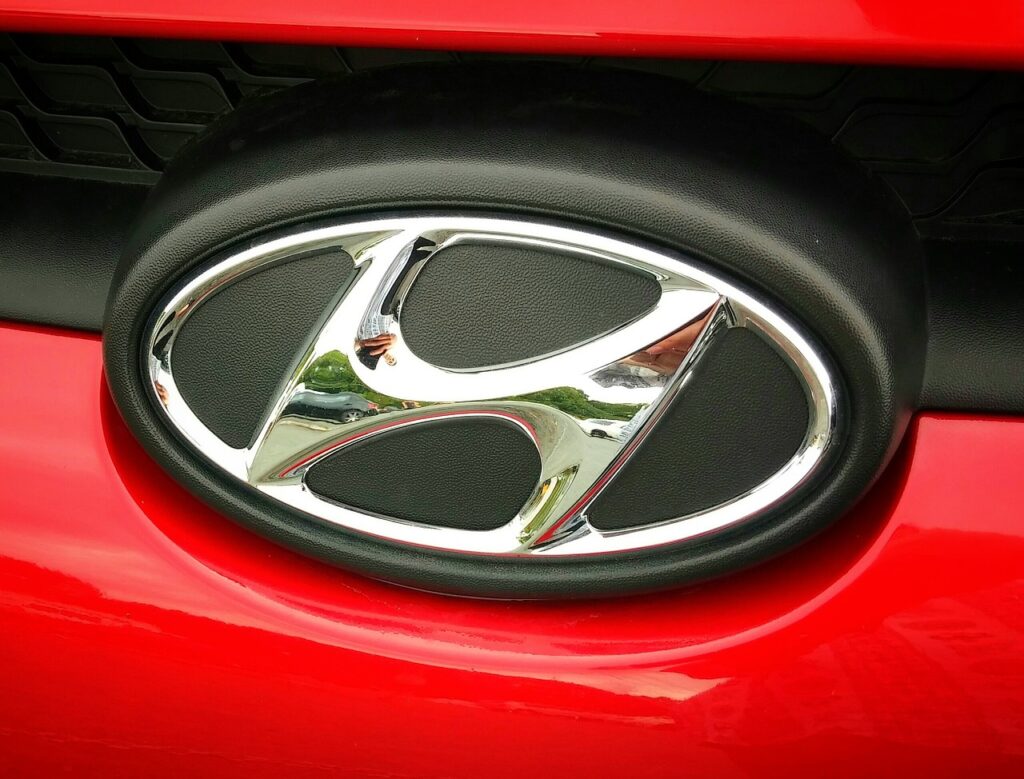Hyundai Motor faced a setback in global sales during the first quarter of the year.
According to data from SNE Research, Hyundai sold 691 hydrogen fuel-cell electric vehicles (FCEVs) worldwide from January to March, marking a significant 66.2% decrease compared to the previous year. This decline resulted in Hyundai slipping to the second position, with Japan’s Toyota taking the lead by selling 868 units during the same period.
Hyundai’s market share dropped to 29%, down from 2,044 units sold in the first quarter of 2023. The sluggish sales of Hyundai’s Nexo model were cited as a primary factor contributing to this decline, reflecting broader challenges within the hydrogen vehicle market.
The overall hydrogen car sector experienced a decline in sales, with global FCEV sales totaling 2,382 units in the first quarter, representing a 36.4% decrease year-on-year. This downturn underscores the challenges facing the industry, including limited consumer adoption and infrastructure constraints.
South Korea, despite its early prominence in the hydrogen vehicle market, has seen a decline in sales since 2022. Hyundai’s Nexo remains the sole consumer model available in the country, highlighting the issue of limited vehicle options for consumers. Additionally, the lack of robust infrastructure poses a significant barrier to widespread adoption, further hampering sales growth.
